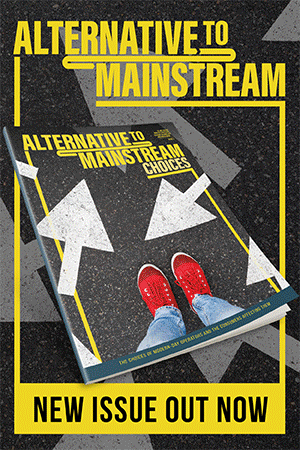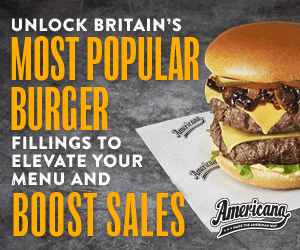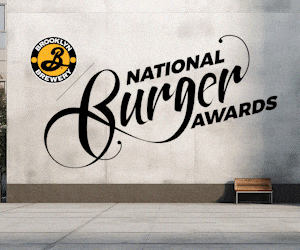Legal: No jab, no entry?
David Clifton and Suzanne Davies of Clifton Davies Consultancy Limited explore grounds on which a pub or bar might be able to turn away customers on the basis of a ‘no vaccine, no face mask, no entry, no service’ rule.
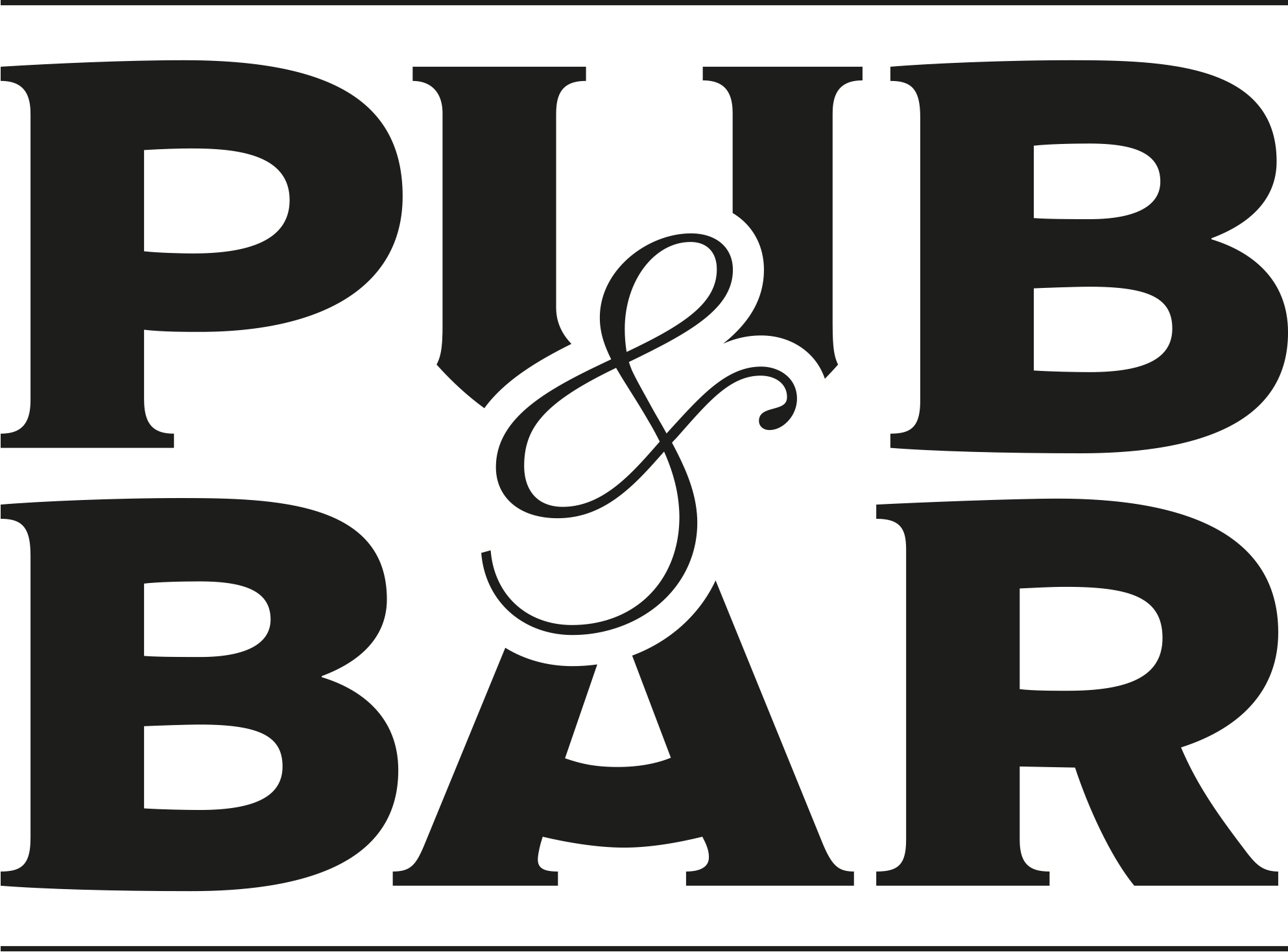
Ahead of the prime minister’s roadmap out of Covid-19 lockdown statement on 22 February, we received a lengthy list of questions from a pub owner in the north of England about restrictions that will apply after lockdown eases.
They included some questions that will depend on government policy decisions in relation to existing emergency legislation and guidance arising from that, the answers to which we can only guess at this stage.
However, others questions concerned such matters as a pub landlord’s right to adopt a ‘no-vaccine, no entry’ rule, or refuse entry either (a) without giving any reason or (b) unless someone produces proof they are exempted from wearing a face mask.
Some very logical reasons for these questions were advanced, including nervousness on the part of other customers and concern for the health and safety of staff.
We were even asked whether provisions within the Magna Carta might have bearing on the position. It certainly seems a long time now since we were law students, but it wasn’t as long ago as 1215, so we will side-step that question!
Covid passports for pub access
Dealing firstly with the ‘no-vaccine, no entry’ point, discussion about proof of vaccination/Covid-passports has intensified since Monday 22 February.
That’s hardly surprising, because while Boris Johnson’s statement made clear that a government review will consider the potential role of Covid-status certification in helping venues to open safely, it will also need to take into account many concerns surrounding exclusion, discrimination and privacy.
Former prime minister David Cameron has come out in support of such passports on the basis that they will help to open up the economy as rapidly as possible, but he has acknowledged the need to think seriously about the moral, ethical and legal dilemmas that they might cause.
From a general public perspective, The Sun has reported that six in 10 Brits are willing to carry a Covid-passport if it means that pubs and restaurants can reopen sooner, regardless of discrimination concerns this may produce.
However, views differ. As we write this, the number of people who have signed a petition to parliament to introduce a ‘vaccination passport for international travel’ is just about matched by the number who have signed a petition ‘not to roll-out Covid-19 vaccine passports’.
Notwithstanding those clashing opinions, a digital Covid-Travel Pass, of the type that the International Air Transport Association expects to be ready "within weeks", might itself constitute for holders a ‘safe pass’ for entry to hospitality venues by the time pubs are permitted to reopen in England by no earlier than 17 May.
A not too dissimilar situation might potentially arise by mid-April dependent on the recommendations contained within a government taskforce report (expected by then) on how international trips can resume for people in England.
Refusing entry to your venue
On the subject of grounds for refusing entry to (or service in) a pub, the following basic principles of law and good practice in this area are worth setting out.
- A public house is not a public place; it’s a private place. That means that when a customer enters a pub, he or she is effectively given nothing more than a temporary permission to be there. That permission can be brought to an end at any time – before or after the customer has bought a drink – for example, if his or her conduct or behaviour justifies exclusion, including if it places any of the licensing objectives at risk.
- However, that decision must not be founded on prejudice or discrimination on grounds of disability, race (including colour, nationality, ethnic or national origin), sex, sexual orientation, gender assignment, marriage or civil partnership status, pregnancy, religion/philosophical belief or age (subject to statutory minimum age requirements).
- It is long established contract law that it is the customer who makes the offer to buy, not the licensee who makes the offer to sell. The licensee therefore has no contractual obligation to sell anything to the customer until such time as that offer to buy is accepted.
- Bar staff, to whom authority to sell alcohol is given, are automatically given the right to refuse service, not only where they must do so by law but also where the customer would be unacceptable to the licensee (as long as that is not for discriminatory reasons of the type mentioned above).
- There is no obligation to give a reason for exclusion or refusal of entry, but if any doubt exists it is often better to give one (again as long as it is not a discriminatory reason).
- Holders of licences under the Licensing Act 2003 have a responsibility to ensure the safety of those using their premises, but the term ‘safety’ is to be distinguished from the term ‘health’, which is addressed in other legislation.
Lessons learned
So in our view, flowing from the above principles, refusal of entry or service to someone who (a) is exempt from wearing a face mask or (b) has not received a vaccination by reason of their disability, pregnancy or religious/philosophical reasons, is likely to constitute unlawful discrimination. So too could be refusal of entry to someone who has not yet received a vaccination because their younger age grouping has meant they are not yet eligible to receive a jab.
That of course begs the question how, in the above instances, evidence of exemption or proof of any of the above reasons for not receiving a jab, can be lawfully demanded from the customer without infringing privacy laws.
It may yet be that by pub reopening time, government guidance will provide helpful information (including from an overall health and safety perspective) in some or all of the above respects.
So, all in all, we congratulate our reader from the north of England. Those were very good questions posed to us. Perhaps we need to dig out the Magna Carta to find the missing answers.


